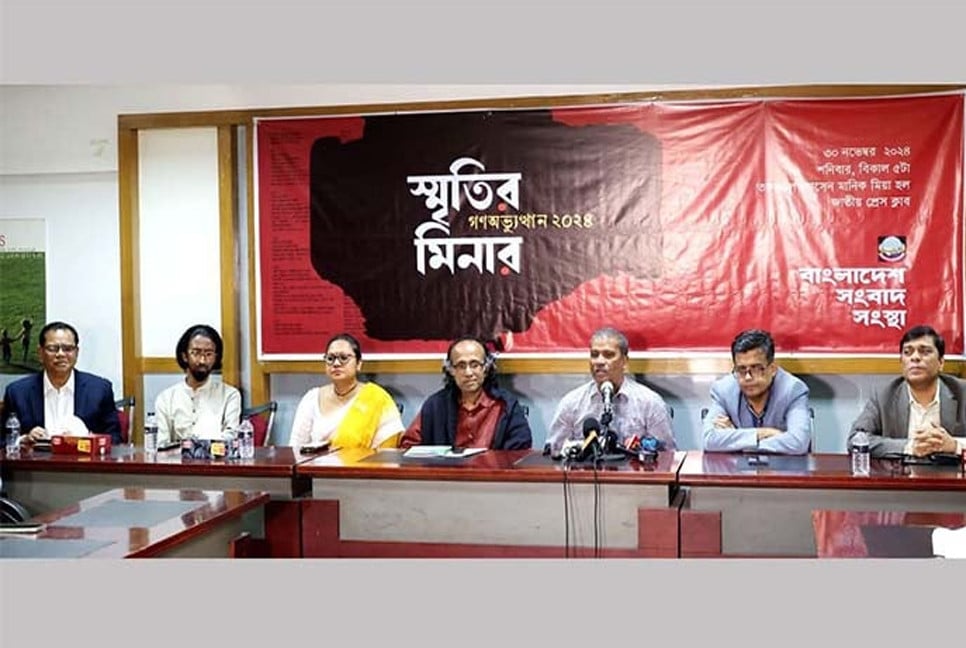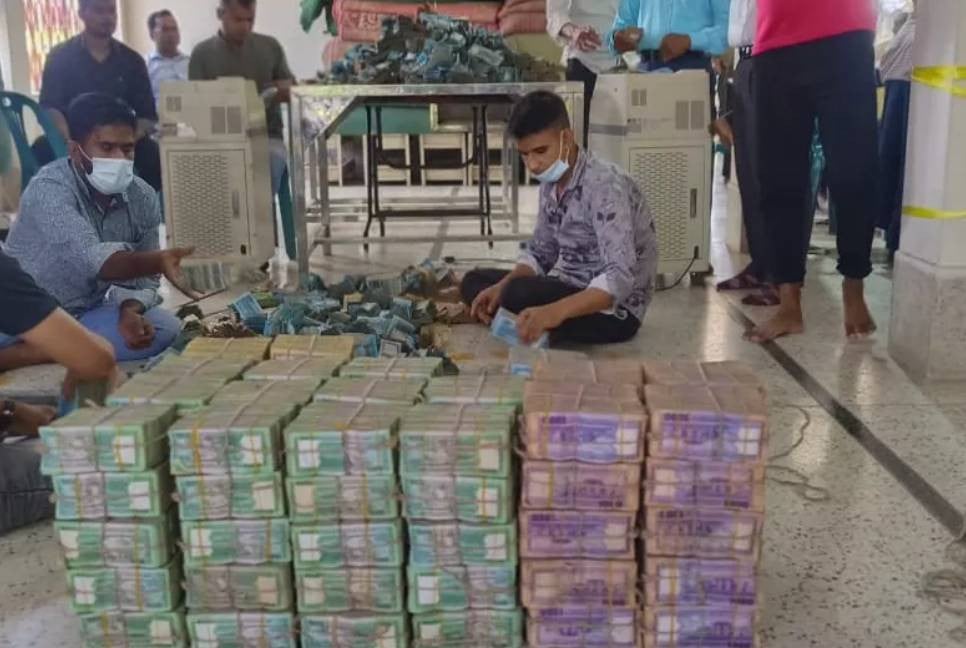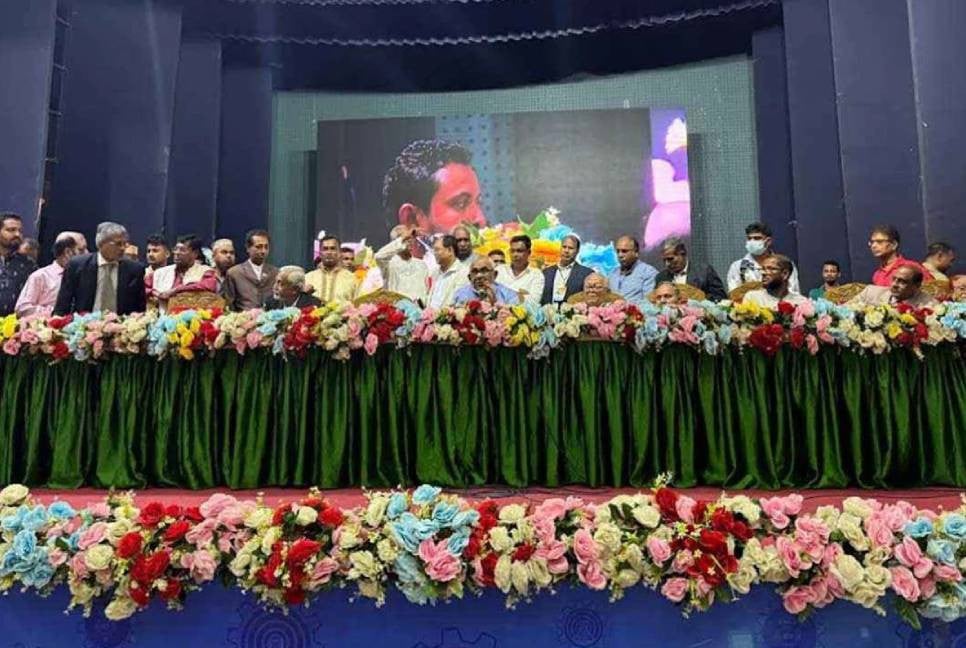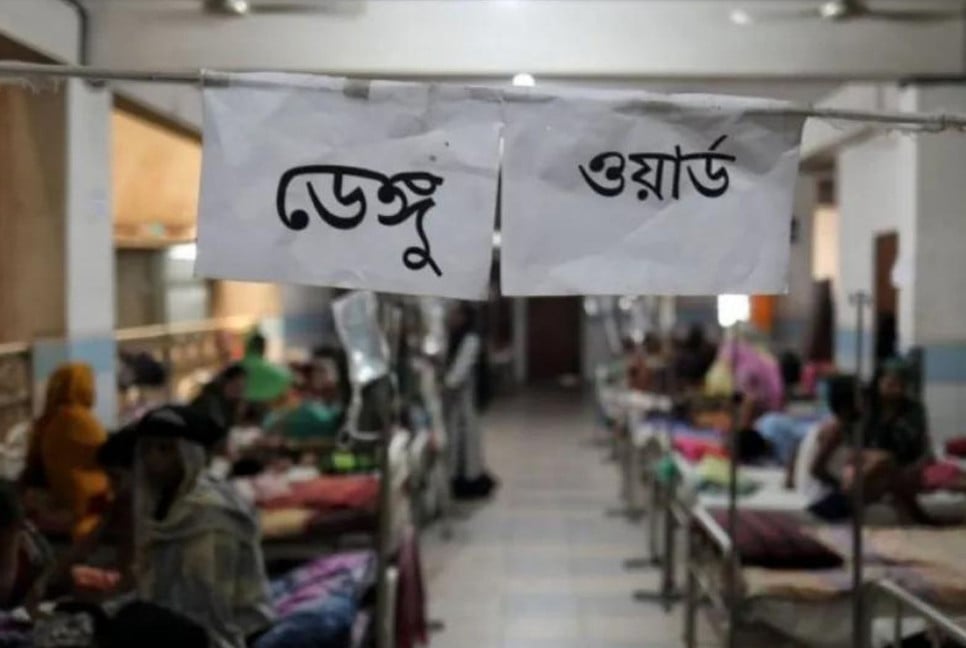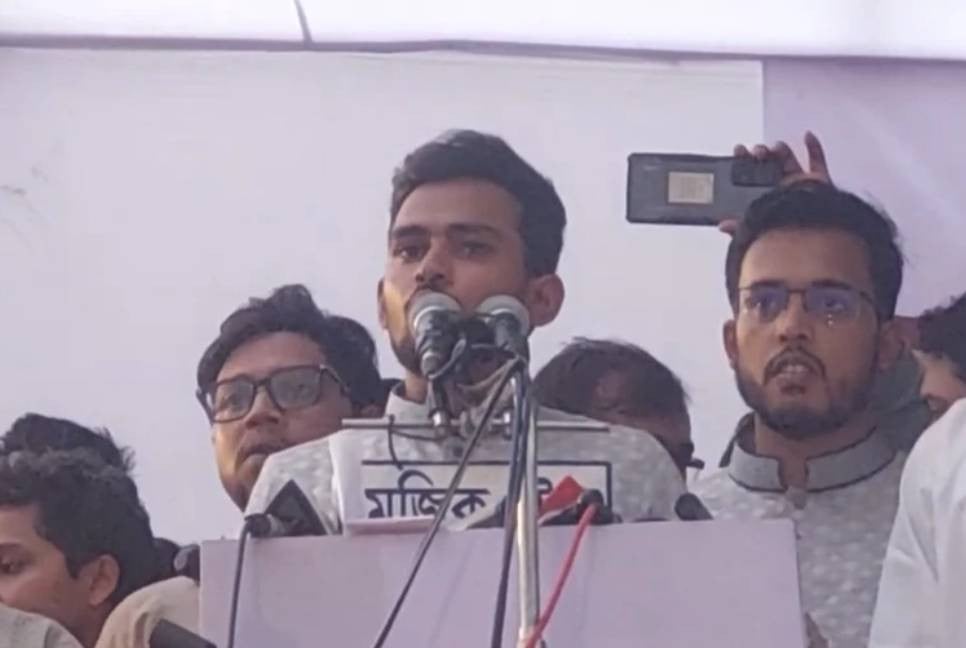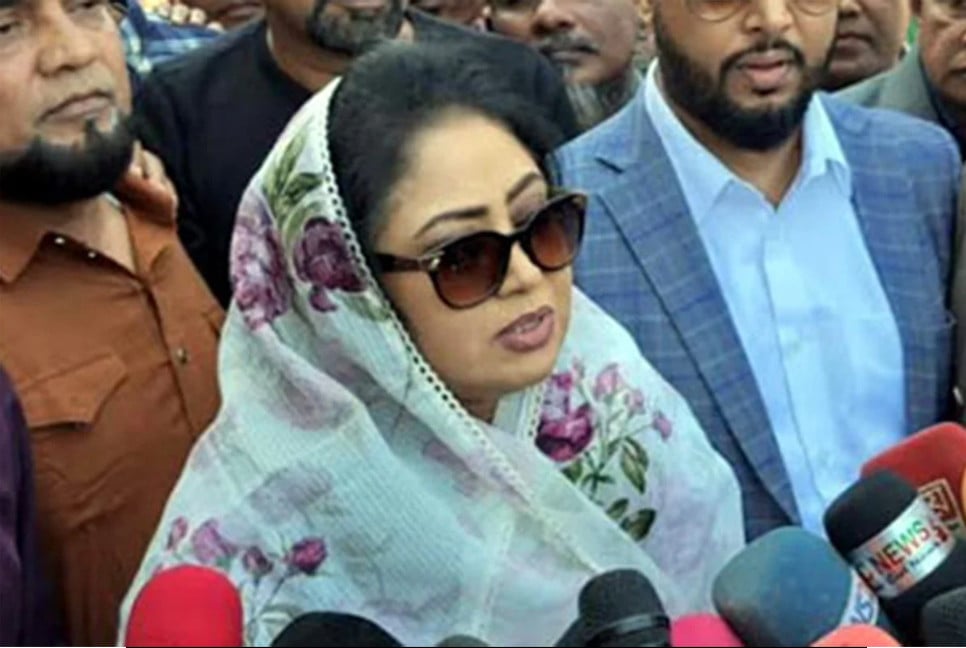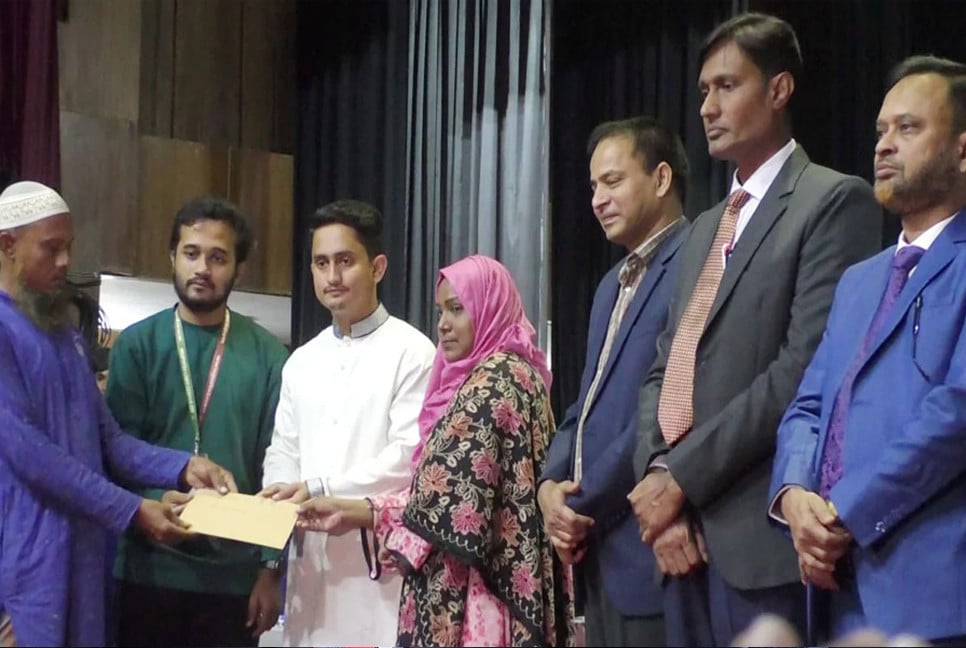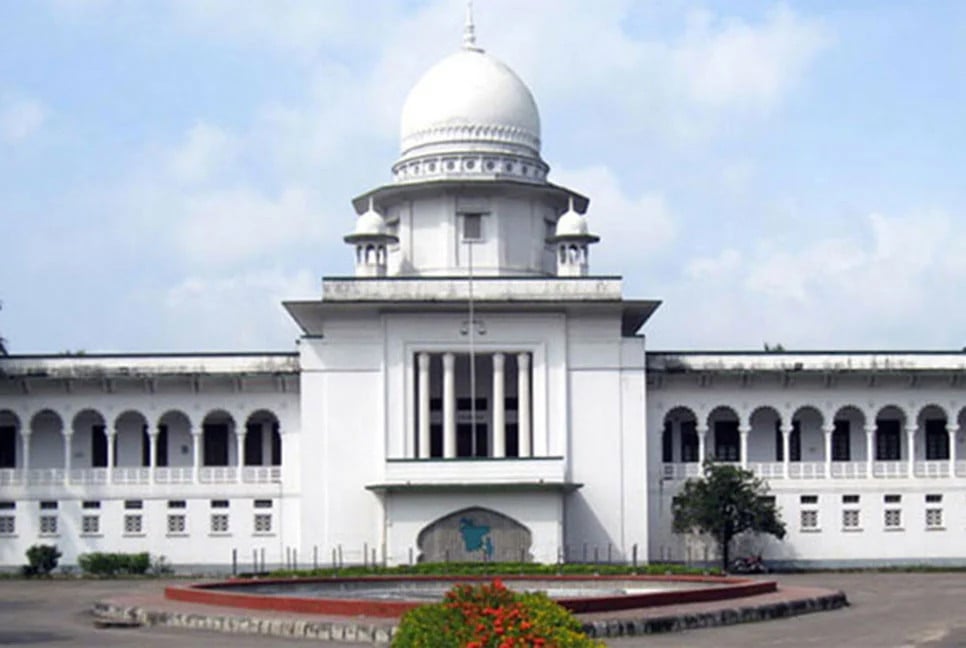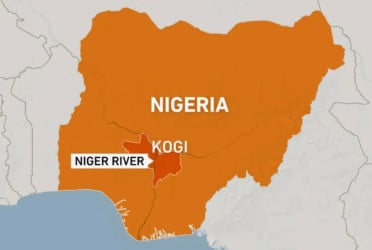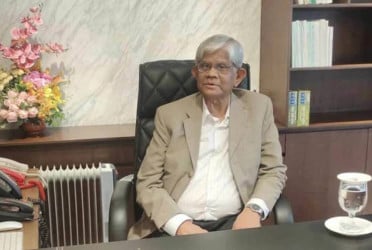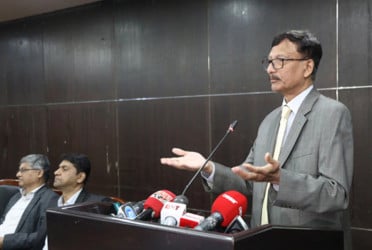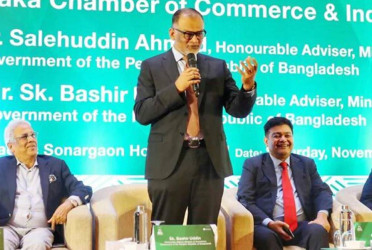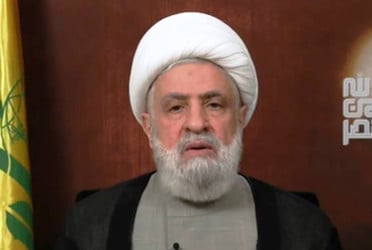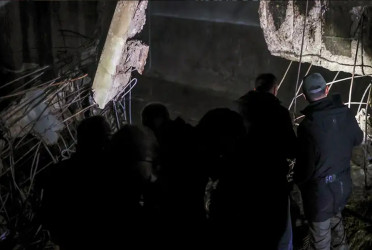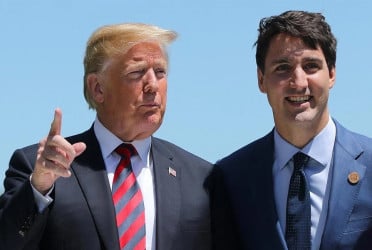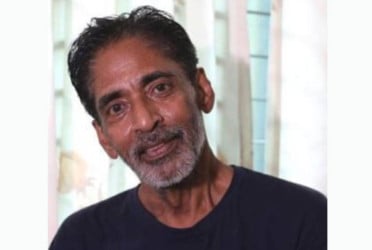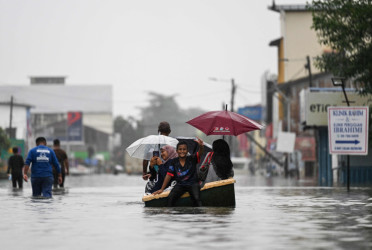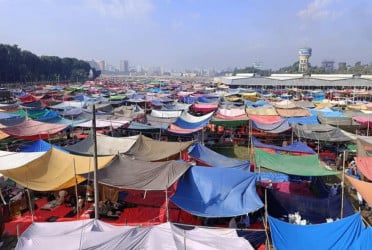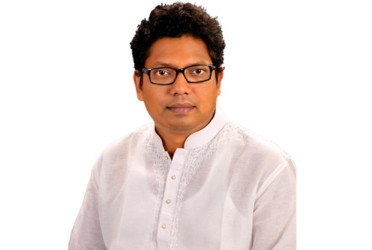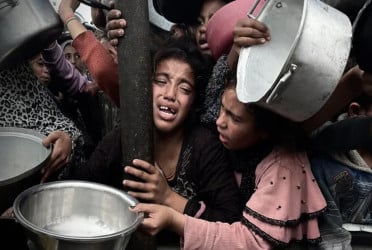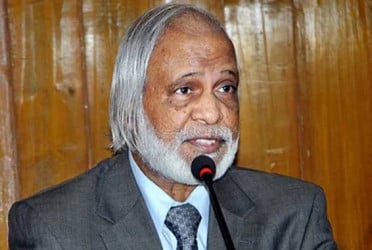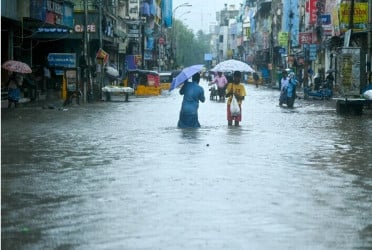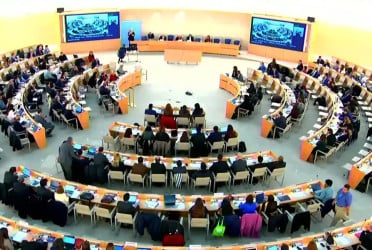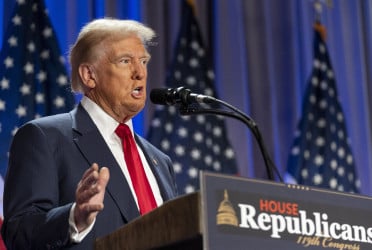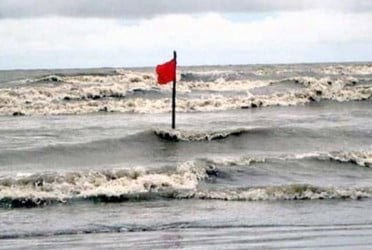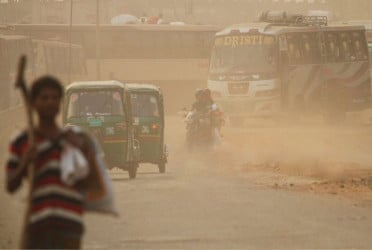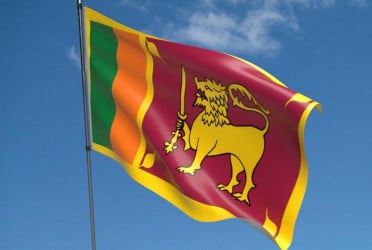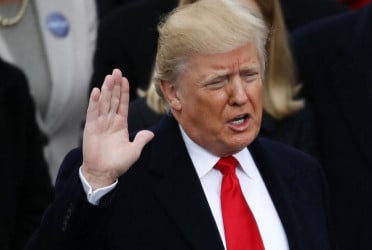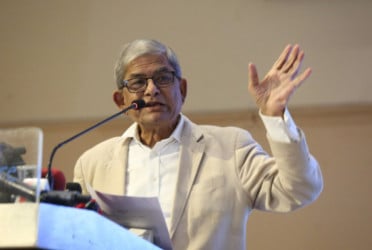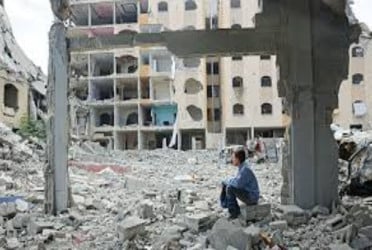Michael Kugelman is director of South Asia at the Wilson Center, an influential US policy think tank. Kugelman, who is visiting Dhaka to speak on Indo-Pacific and geopolitics, gave an exclusive interview.
Question: What is Bangladesh's position in geo-politics?
Michael Kugelman: Bangladesh is currently going through a crucial phase in geopolitics. Bangladesh is truly integrated into everything, in every aspect. At present, Bangladesh is involved in a geopolitical competition. The India-China rivalry, the U.S.-China competition, and the U.S.-Russia competition—all three of these competitions involve Bangladesh.
In the midst of pressure from these four countries, Bangladesh's national policy is to remain non-aligned. But those four countries are competing with each other on a global level in various fields. In the current situation, maintaining a balance in relations with all four countries will be a significant challenge for Dhaka. I believe that Bangladesh's geopolitical relevance has never been so clear before.
Question: Why is there so much pressure on Bangladesh from the United States?
Michael Kugelman: The democratic and human rights-based foreign policy of the Biden administration is the main reason. This is not true for the United States' Indo-Pacific policy. The United States considers Bangladesh a country that can be pressured. The pressure would lead to Bangladesh's development.
For this reason, there has been a warning to the RAB. Extrajudicial killings have decreased due to that warning. After that, visa sanctions were imposed. It is evident that this is also effective. Political violence has decreased.
In reality, due to visa sanctions, many top politicians, family members, and close associates who are in these four countries would not want to risk losing U.S. visas by interfering in the election process.
Question: There are many countries facing similar situations, but the United States does not seem so concerned about those countries. Even after imposing sanctions and visa restrictions on many countries, the situation hasn't changed. Why is it different for Bangladesh?
Michael Kugelman: It's true that the United States doesn't apply its democratic and human rights policies equally to all countries. Bangladesh is not a 'test case'—I don't mean that.
However, it is likely that the United States believes that if pressure is exerted, democratic success will come to Bangladesh. And this success can serve as an example to others.
Question: It has been reported in the Indian media that there are concerns expressed to Washington from New Delhi that if too much pressure is exerted on the elections, Bangladesh could lean towards Beijing. Do you also see such concerns?
Michael Kugelman: A highly intriguing thought. The matter is indeed complex. Washington is pressuring the Awami League government. And this is creating further opportunities for Dhaka to enhance its relationship with Beijing. So, the notion that Washington's pressure might have reverse consequences is possible.
However, I believe the Awami League government will navigate its relationship with China but not at the risk of endangering relations with India. Because such a move could jeopardize the Awami League government's relations with the Indian government. The Awami League government is unlikely to take that risk.
Question: Former President of the United States, Donald Trump, is being sued. Even his motorcade had to wait for 20 minutes. Republicans have alleged that the Justice Department is being used against former President Biden's opponents. In the United States, raising questions about the trial in political cases is similar to Bangladesh's politics.
Michael Kugelman: I'm not closely following the case against Trump. However, the allegations against him are serious. I don't want to see him, Imran Khan, Rahul Gandhi, or any other opponent go to jail. This is my personal opinion.
Question: How do you see Bangladesh's future?
Michael Kugelman: Bangladesh is facing a complex time head-on. The situation is both internal and geo-political. The internal complexity lies in the fact that a very crucial election is coming up in the next few months in this country. The political situation is gradually heating up. There are many questions here. For example, how will the opposition compete in the election? Will they boycott the election? Ensuring free and fair elections is a big challenge for the government due to international pressure.
So, in the field of internal politics, this is a very critical time. I believe that what is happening internally in Bangladesh is now very unclear regarding the future. However, Bangladesh's geo-political future is probably not uncertain. It will be very important to maintain balance in relations with the four major powers—the United States, China, India, and Russia.
Because these countries have good relations with Bangladesh in various fields. I also believe that in the future, enmity will not end among the big powers. Instead, enmity may increase. This means that while maintaining harmony in relations with those four major powers, Dhaka will face even bigger challenges.
Question: How do you perceive Bangladesh's Indo-Pacific Vision?
Michael Kugelman: Recently, Bangladesh has come forward with its Indo-Pacific vision document. This is indeed significant. There are quite a few reasons for this. Primarily, in my view, Bangladesh's Indo-Pacific vision document is a balance between the expectations of the United States and China. What the United States wants and what China wants has been reconciled here. Bangladesh's Indo-Pacific vision document includes some fundamental aspects of U.S. foreign policy, such as a rules-based liberal order.
At the same time, it refrains from interfering in international relations and internal matters, similar to China's position. I would also say that what Bangladesh has expressed is its Indo-Pacific perspective. It's not a policy. The perspective is like a sketched outline or an unofficial document. I believe this is also a message to Beijing. The message is that Bangladesh's position is not directly aligned with the positions of the United States and its friends or China's position.
Question: Bangladesh is not in the first phase of the expansion of BRICS. The government has claimed that they haven't sought membership. Bangladesh has aimed to have a presence in the New Development Bank (NDB) and has achieved that. How will they evaluate the new expansion involving this group and the six countries?
Michael Kugelman: The expansion of BRICS is a significant achievement for India, which is a major victor in this initiative. Most of the new members are not opposed to the West. This means BRICS will not become an anti-Western bloc. India has desired this outcome.
Moreover, among the new members, Egypt, Saudi Arabia, and the United Arab Emirates – these three countries are significant partners for India. Bangladesh is aligned with the economic initiative of BRICS. It is appropriate for this group to expand further in the coming days.
Bd-pratidin English/Tanvir Raihan


